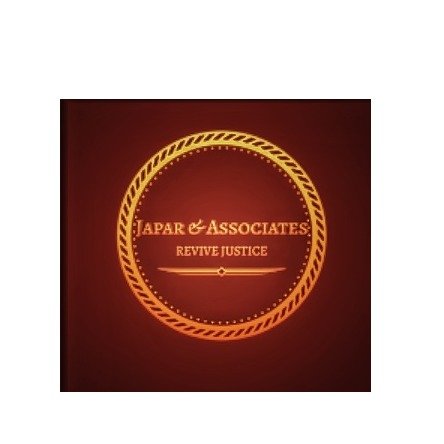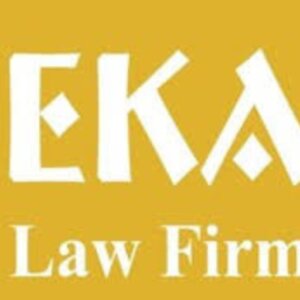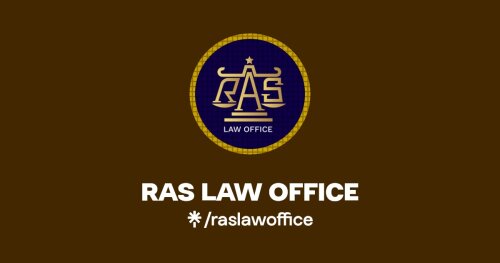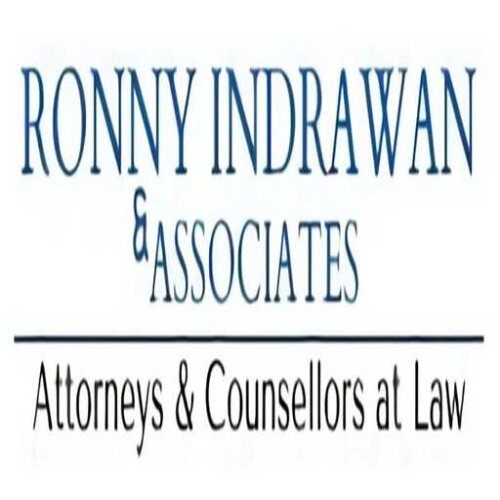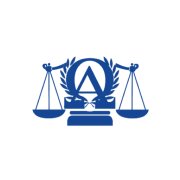
Best Water Law Lawyers in Surabaya
Share your needs with us, get contacted by law firms.
Free. Takes 2 min.
List of the best lawyers in Surabaya, Indonesia

About Water Law in Surabaya, Indonesia
Water Law in Surabaya, Indonesia, refers to the body of legal rules and regulations that govern the management, use, and protection of water resources within the city and surrounding regions. This includes the allocation of water usage rights, responsibilities in maintaining water quality, the management of public and private water sources, and dispute resolution concerning water access. Water Law in Indonesia is shaped by national legislation, such as Law No 17 of 2019 on Water Resources, as well as local regulations issued by the Surabaya City Government to address regional water challenges. The laws seek to balance environmental sustainability, public interest, and private sector needs.
Why You May Need a Lawyer
Individuals and businesses in Surabaya may find themselves needing a lawyer for various Water Law-related concerns. Common situations include disputes over water rights between neighbors or organizations, regulatory compliance for industrial water use, resolving pollution or contamination issues, negotiating water usage permits, facing government enforcement actions, or addressing liability for environmental damage. Navigating the technical and regulatory landscape of Water Law can be challenging, and legal assistance can help protect your interests, ensure compliance, and facilitate effective conflict resolution.
Local Laws Overview
Surabaya’s Water Law framework is influenced by both national and local statutes. Nationally, the 2019 Water Resources Law regulates water resource protection, development, and utilization, emphasizing state control and equitable access. Local regulations issued by the Surabaya City Government further define water management responsibilities, specify industrial and domestic wastewater discharge standards, and establish licensing requirements for land water extraction, such as wells or boreholes. Local by-laws (Peraturan Daerah) often set specific rules for environmental protection, flood control, sanitation, and infrastructure management. Understanding these overlapping legal structures is critical for lawful and sustainable water use in Surabaya.
Frequently Asked Questions
What is considered a water resource under the law in Surabaya?
A water resource includes rivers, lakes, reservoirs, groundwater, rainwater, and artificial water channels which are utilized for various purposes within Surabaya’s jurisdiction.
Who has the right to use water resources in Surabaya?
Water resources are under the control of the state, and usage rights are extended to individuals, communities, and entities through permits or concessions in accordance with national and local law.
Do I need a permit to take groundwater on my property?
Yes, extracting groundwater for domestic or commercial purposes typically requires a permit from the local environmental or water management authority to ensure sustainable use and avoid overexploitation.
What should I do if a neighbor is polluting a nearby river?
You should report the incident to the Surabaya Department of Environment or the relevant local authorities. Legal action, including civil or criminal proceedings, may be possible in severe cases of water pollution.
How is water pollution regulated in Surabaya?
Water pollution is regulated through local ordinances in line with national standards. The laws prohibit discharge of hazardous materials into water bodies without treatment and require compliance with quality standards for wastewater.
Can a business be penalized for improper wastewater disposal?
Yes, businesses found disposing of wastewater improperly may face administrative sanctions, fines, revocation of licenses, and, in severe cases, criminal charges.
What legal protections exist for clean water access?
Both national and local laws guarantee community access to clean water as a basic right and prioritize public welfare in water allocation and infrastructure development.
Is it legal to build private water infrastructure, like dams or wells?
Constructing private water infrastructure requires prior permits from city or regional authorities and must comply with zoning, environmental, and safety regulations.
How are water disputes typically resolved?
Water disputes may be resolved through administrative review, mediation, or legal proceedings in courts. Engaging a specialized lawyer can help achieve favorable outcomes.
Are there special rules for industrial water use?
Yes, industrial water users face stricter regulatory controls, higher permit requirements, and must observe specific discharge standards and environmental obligations.
Additional Resources
For further information and assistance, consider reaching out to the following resources:
- Surabaya Department of Environment (Dinas Lingkungan Hidup Kota Surabaya): Handles permits, enforcement, and environmental protection, including water issues.
- Public Works and Spatial Planning Office (Dinas Pekerjaan Umum dan Penataan Ruang Kota Surabaya): Manages water infrastructure, drainage, and flood control.
- Indonesian Ministry of Public Works and Housing: Sets national water policy and oversight.
- Provincial Environmental Agency (Dinas Lingkungan Hidup Provinsi Jawa Timur): Regional regulatory body for environmental matters including water management.
- Indonesian Center for Environmental Law (ICEL): Provides legal research and advocacy on water and environmental law.
Next Steps
If you believe you require legal advice or representation relating to Water Law in Surabaya, consider the following steps:
- Document your issues clearly, gathering relevant permits, correspondence, and evidence of the issue (photos, water test results, etc).
- Consult with a local lawyer who specializes in Water Law or environmental law for an initial assessment of your case.
- Contact the Surabaya Department of Environment or related authority for administrative support or to report urgent violations.
- Participate in mediation or negotiation efforts if suggested, especially for disputes with neighbors or local businesses.
- If informal efforts fail, be prepared to engage in formal legal action with the guidance of your lawyer.
Lawzana helps you find the best lawyers and law firms in Surabaya through a curated and pre-screened list of qualified legal professionals. Our platform offers rankings and detailed profiles of attorneys and law firms, allowing you to compare based on practice areas, including Water Law, experience, and client feedback.
Each profile includes a description of the firm's areas of practice, client reviews, team members and partners, year of establishment, spoken languages, office locations, contact information, social media presence, and any published articles or resources. Most firms on our platform speak English and are experienced in both local and international legal matters.
Get a quote from top-rated law firms in Surabaya, Indonesia — quickly, securely, and without unnecessary hassle.
Disclaimer:
The information provided on this page is for general informational purposes only and does not constitute legal advice. While we strive to ensure the accuracy and relevance of the content, legal information may change over time, and interpretations of the law can vary. You should always consult with a qualified legal professional for advice specific to your situation.
We disclaim all liability for actions taken or not taken based on the content of this page. If you believe any information is incorrect or outdated, please contact us, and we will review and update it where appropriate.



